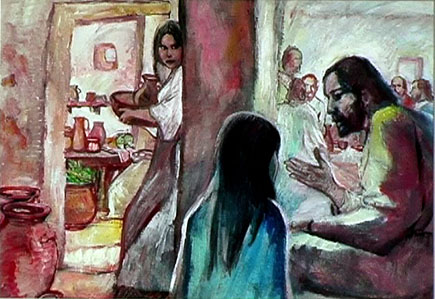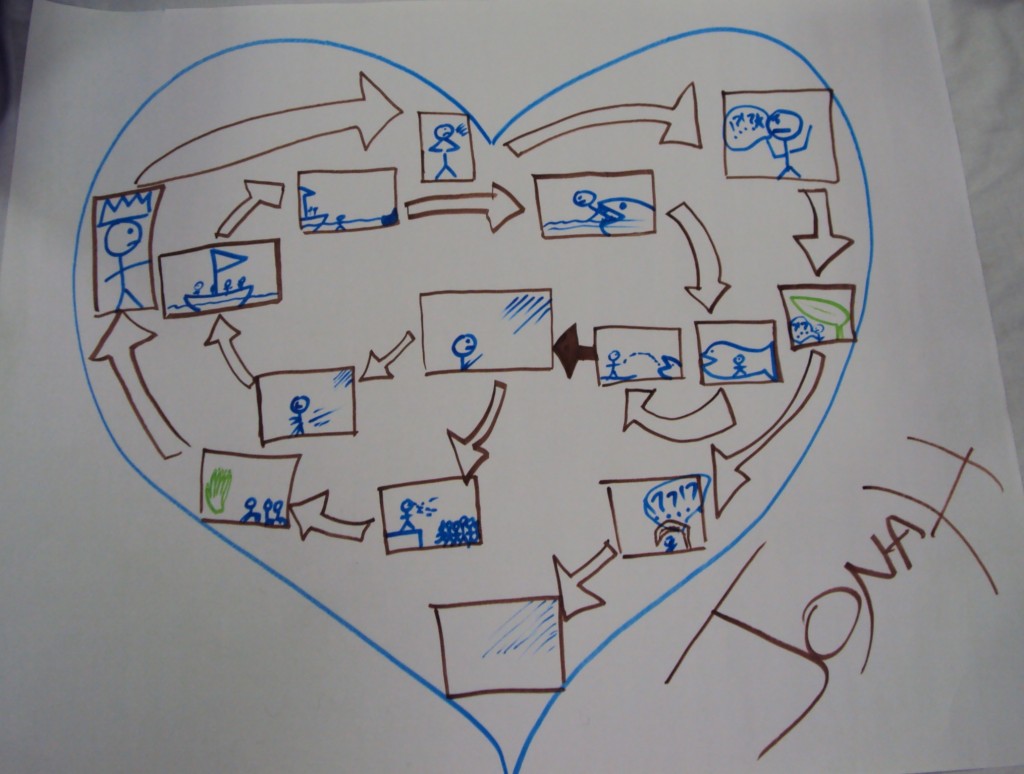“Our missional motivation, therefore, needs to be carefully examined. Spiritual warfare is not a matter of triumphalism pervaded by a horrid spirit of gloating superiority, in which we become obsessed with “winning a victory.” Rather it is a matter of deep compassion for those oppressed by the forces of evil and idolatry – with all their attendant social, economic, political, spiritual and personal effects. We battle with idolatry because, like the God whose mission we thereby share, we know that in doing so we seek the best interests of those we are called to serve in his name. We combat idolatry not only to glorify God but also to bless humanity. Spiritual warfare, like all forms of biblical mission, is to be motivated by and exercised with profound love, humility and compassion – as modelled in Jesus himself.”
– Christopher Wright, The Mission of God



